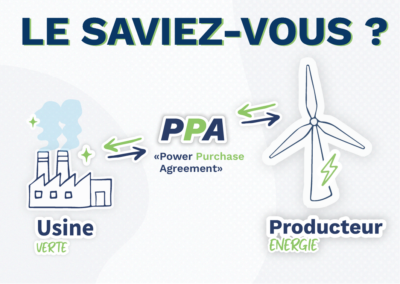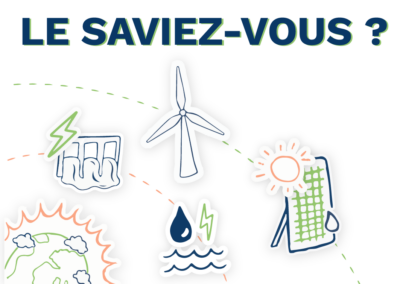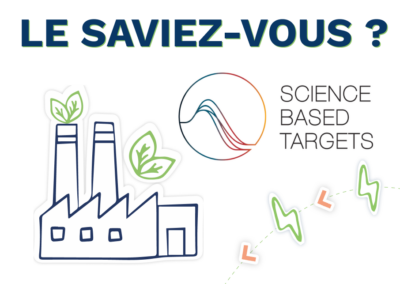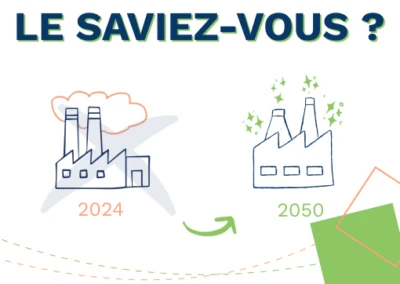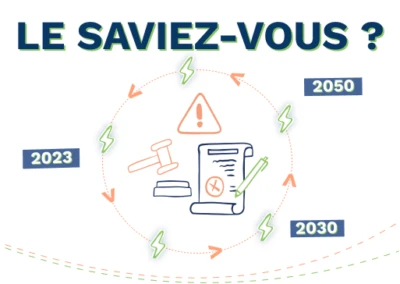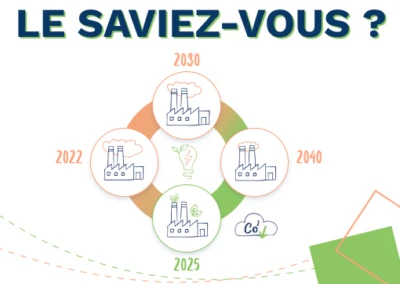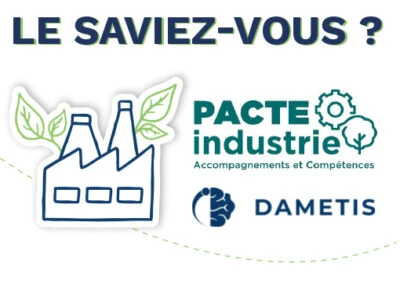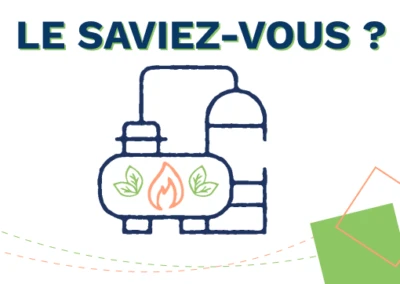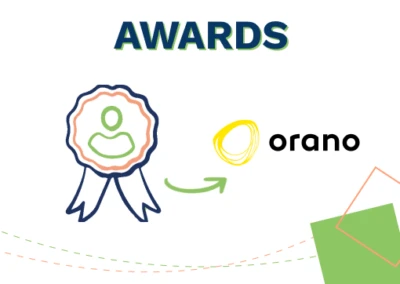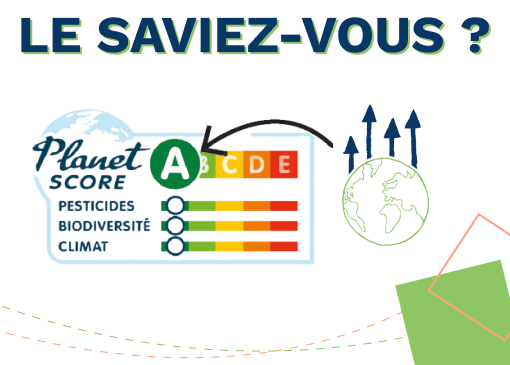
The Planet-score: is it mandatory for agri-food industry professionals?
Environmental display in the agri-food sector: what is it?
The Planet-score: definition
You are already using the Nutri-score, this label that informs your customers about the nutritional values of a product. The Planet score is a second label that is making its way into the agri-food industry.
The system was established following the Agec law (Anti-Waste Circular Economy) of February 2020 and the Climate and Resilience law of August 2021. A call had been made to create an environmental display system for the agri-food sector in the form of a label. The Planet score was the one chosen.
This label displays environmental criteria. A rating from A to E is assigned based on 3 sub-indicators:
- Pesticides: the use or non-use of pesticides.
- Biodiversity: the impact of agricultural practices on biodiversity.
- Climate: carbon storage in soils and greenhouse gas emissions.
In addition to these criteria, there is also an indicator on animal welfare (this sub-indicator concerns products containing at least 5% of animal products (for pig, poultry, cattle or sheep farming). The score is displayed in color: either green, orange, or red.
The aim of the Planet score is very clear: to combat the decline in biodiversity, climate change, air and water pollution, deforestation, etc. By informing consumers about the environmental impact of food products. It calls for a general awareness, without greenwashing and by promoting transparency.
France is not the only country concerned: dozens of countries have also committed to this, including England, Italy, Spain, and Germany.
The Planet-score: mandatory for industrial companies?
Nevertheless, it is in the best interest of manufacturers to adopt environmental labeling and the Planet-score now. Indeed, this can bring them several advantages:
It is a way to differentiate themselves from the competition by responding to a consumer demand: better understanding the environmental impact of food and being able to compare foods in the same category. Consumers are increasingly attentive and demanding on these issues and may prefer “transparent” products in the future.
A better understanding of their products and the identification of any areas for improvement before the Planet-score becomes mandatory.
Manufacturers also have a strong interest in anticipating regulations. While environmental labeling in the agri-food sector is currently voluntary, the Planet-score could become mandatory as early as 2023.
It should be noted that all food products are concerned: fruits, vegetables, legumes, cereals, meats, eggs, prepared dishes, etc.
How is the Planet-score calculated?
⇒ State databases including Agribalyse from ADEME;
⇒ The impact of agricultural practices on biodiversity;
⇒ Data from the IPCC (Intergovernmental Panel on Climate Change);
⇒ The origin of ingredients, cultivation / breeding methods, packaging used, transportation, etc.;
⇒ The Life Cycle Assessment (LCA) method and its improvement as it is incomplete for the agri-food sector. This method is particularly used for assessing pesticide use.
When a product is made up of multiple ingredients, each element is rated, and a proportion is applied based on the quantity of each ingredient, resulting in an overall score.
This process is intended to help agri-food industry professionals identify areas for improvement.
The rearing method is evaluated separately. The criteria are based on a grid created by the NGO CIWF France, which advocates for animal protection.
What should agri-food industry professionals implement?
Here are the ADEME’s recommendations for using the Planet-score effectively:
⇒ Awareness: the first step is to fully understand the device’s issues and the commitments to be made. It will also be necessary to consider the best way to implement environmental labeling, especially regarding the technical and logistical framework.
⇒ Commitment: the company defines which services will be involved in the process and what this entails. It will also be necessary to define the project scope and take stock of the available resources.
⇒ Data collection: the industrialist gathers all the specific data for each product to be able to evaluate them later. This collection sometimes needs to be partially done externally, from various stakeholders in the sector.
⇒ Environmental product assessment: the collected data is analyzed to calculate the environmental impact of each food product. A tool performing life cycle assessments must be used.
⇒ Results analysis and rating assignment: a rating from A to E is assigned to the different sub-indicators for each product.
⇒ Verification of ratings: a person selected by ADEME will come to verify the compliance of the data, tools used, and ratings assigned.
⇒ Displaying ratings: once everything has been validated, the ratings can be displayed on food products through the Planet score.
Discover how Dametis can help you reduce your environmental impact and improve the Planet-score of your products:









